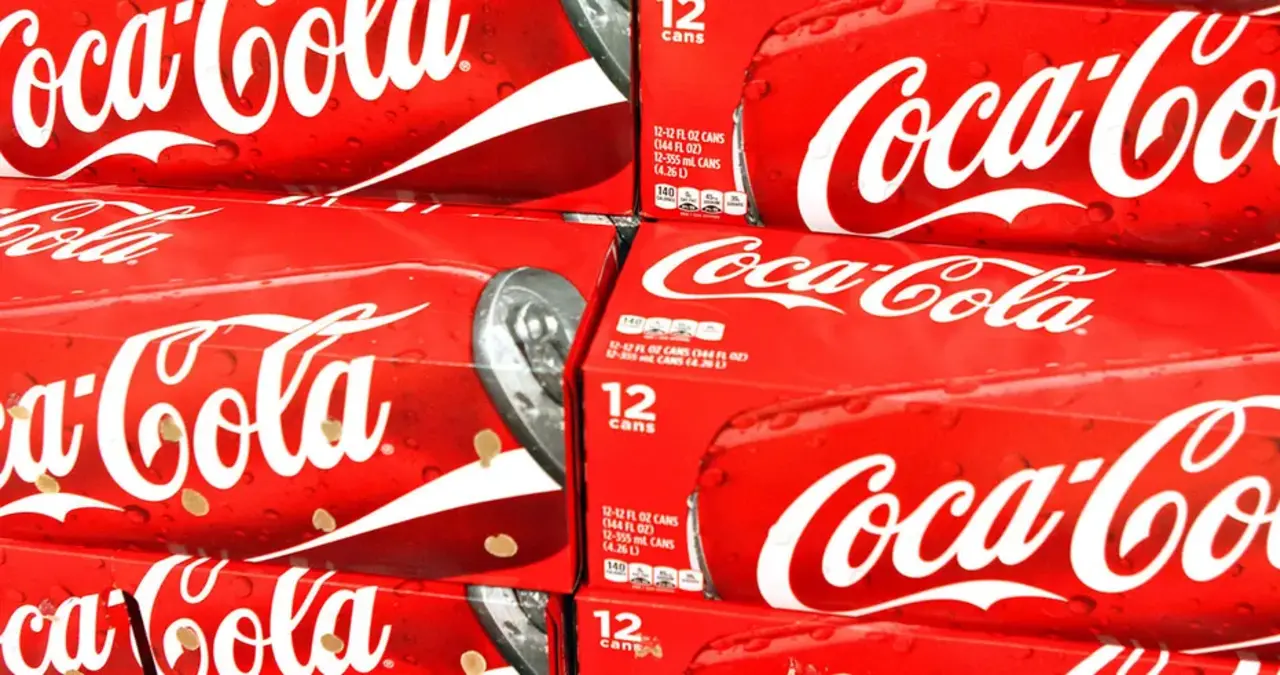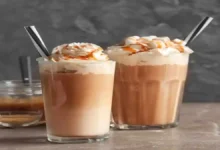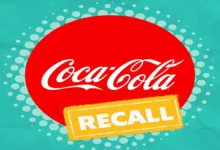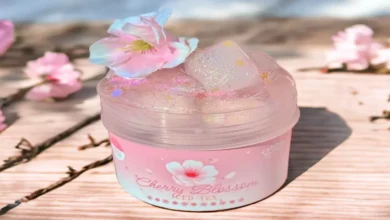
Coca-Cola Recall: A Deep Dive into the Company’s Safety Measures and Consumer Trust
Coca-Cola Recall, one of the world’s most beloved beverage brands, has faced its fair share of challenges over the years. Among these challenges, product recalls have caused ripples in both the public eye and the company’s operations. While the company has worked hard to build a reputation for quality and reliability, it is not immune to the occasional slip-up. In this article, we’ll dive deep into the concept of Coca-Cola recalls, what happens during such events, and how these moments affect the brand’s image and consumer trust.
What Triggers a Coca-Cola Recall?
Recalls in the food and beverage industry, including the soft drink giant Coca-Cola, usually happen due to safety or quality concerns. This can range from issues with packaging to contamination or incorrect labeling. Coca-Cola, like many companies, has rigorous internal systems in place to ensure that its products meet safety standards. However, when something slips through the cracks or an external factor such as an equipment malfunction arises, a recall becomes necessary.
One of the most common triggers for a Coca-Cola recall involves issues related to the presence of foreign objects in the product, contamination during production, or inaccuracies in nutritional labeling. These occurrences, while rare, can be dangerous for consumers and can severely damage the brand’s reputation. For example, small shards of glass or plastic may accidentally make their way into the product during the manufacturing process. The discovery of such hazards prompts an immediate recall to protect consumers.
Another reason Coca-Cola might issue a recall is when certain allergens, such as nuts or soy, are accidentally included in a product that is not labeled as containing them. In a world where more and more consumers have specific dietary restrictions or sensitivities, failing to properly label ingredients could lead to significant health risks. The company must act quickly and decisively when these situations arise to maintain consumer safety and trust.
How Coca-Cola Handles a Recall: The Process
When Coca-Cola learns about a potential issue with a product, the company immediately begins its recall process. The first step is usually identifying the specific batch or batches of products that are affected. This is where Coca-Cola’s quality control measures shine, as they have systems in place to trace every product from production to distribution. By using batch numbers, serial codes, and other tracking mechanisms, Coca-Cola can swiftly pinpoint the exact location of potentially dangerous products.
Once the company has identified the affected products, it communicates the issue to distributors, retailers, and other partners. In many cases, Coca-Cola works with the Food and Drug Administration (FDA) and other relevant authorities to ensure the recall is handled efficiently. The company also makes efforts to inform consumers, often issuing press releases, social media statements, or direct notifications through affected retailers. Transparency is key in maintaining consumer confidence, and Coca-Cola typically acts quickly to address the issue.
After the recall, Coca-Cola evaluates the situation in detail to understand the root cause. They analyze how the contamination or error occurred and use the insights to refine their quality control measures and production systems. The company may also offer refunds or exchanges for consumers who have purchased the affected products. This step not only helps to resolve the immediate issue but also assures customers that the company is serious about ensuring product safety in the future.
Consumer Trust: The Impact of a Recall on Coca-Cola’s Image
While Coca-Cola is a household name and enjoys a strong brand presence globally, the occurrence of a recall can still have a profound impact on consumer trust. For any company, a recall is a potential public relations nightmare, and Coca-Cola is no exception. The beverage giant works hard to maintain its image as a trusted brand, and anything that disrupts this perception can lead to a drop in consumer confidence.
In the event of a recall, Coca-Cola must walk a fine line. They need to acknowledge the problem, take swift corrective action, and reassure customers that they are doing everything possible to prevent similar issues in the future. The way a company handles a recall speaks volumes about its commitment to quality and customer care. A well-handled recall can boost a brand’s image, demonstrating its accountability and consumer-first mentality.
On the other hand, a poorly handled recall can lead to long-lasting damage. If Coca-Cola fails to act quickly, provide clear communication, or offer adequate compensation, it risks losing consumer trust. In some cases, customers may even choose to turn to competitors if they feel that Coca-Cola is no longer a safe or reliable choice.
Coca-Cola’s Reputation for Quality Control: Preempting Recalls

One of the reasons Coca-Cola has managed to recover from past recalls without lasting damage is its strong reputation for quality control. The company has invested millions of dollars in state-of-the-art manufacturing processes, extensive employee training, and stringent safety protocols to prevent issues from occurring in the first place. Their dedication to quality is part of the reason why Coca-Cola has become synonymous with refreshing beverages worldwide.
Coca-Cola’s commitment to ensuring their products are safe begins at the earliest stages of production. For example, the raw ingredients used in Coca-Cola beverages are subjected to rigorous testing and inspection before they even enter the production line. Bottles and cans undergo numerous checks to ensure they are free from defects, and the production environment is constantly monitored for cleanliness and safety.
Despite all these precautions, there are times when issues still arise. In the past, Coca-Cola has issued recalls for issues as varied as incorrect packaging and the presence of foreign materials. However, these recalls have been relatively infrequent compared to the massive scale of the company’s production. By continuously refining their quality control processes, Coca-Cola aims to reduce the likelihood of recalls even further in the future.
High-Profile Coca-Cola Recalls in Recent History
Over the years, Coca-Cola has experienced a few high-profile product recalls. While these incidents were rare, they provided valuable lessons for both the company and the industry. One notable example occurred in 1999 when Coca-Cola recalled over 15 million cans and bottles in several countries due to reports of contamination. The affected beverages were found to contain a trace amount of an unapproved pesticide, which led to widespread concern.
Another significant recall took place in 2009 when Coca-Cola faced concerns over the safety of some of its bottled drinks in the UK. There were reports that a small number of products had been affected by a chemical contamination. Although the company quickly recalled the affected products, the incident raised alarms about product safety and the need for more stringent testing procedures.
Both of these recalls had the potential to significantly harm Coca-Cola’s reputation. However, the company responded promptly and with full transparency, offering refunds and full explanations to consumers. Their willingness to address the issues head-on helped restore consumer confidence, proving that even in the face of setbacks, a trusted brand can recover.
The Future of Coca-Cola Recalls: How the Company Is Evolving
Looking ahead, Coca-Cola is committed to continuing its efforts to minimize the risk of recalls. As consumer preferences and expectations evolve, so too must the company’s processes. Today, Coca-Cola is increasingly focused on sustainability, transparency, and innovation. These factors are not only important for environmental and ethical reasons, but they also play a key role in maintaining product safety.
With the advent of new technologies, Coca-Cola is incorporating advanced tracking systems and predictive analytics into its supply chain. This allows the company to identify potential risks before they become major issues. Additionally, Coca-Cola is focusing on improving its communication with consumers, ensuring that any potential concerns are addressed proactively.
The rise of social media also means that Coca-Cola must be more transparent and responsive to consumer feedback than ever before. Consumers now expect to be kept informed in real time, and Coca-Cola has adapted to this new reality by increasing its online presence and communication efforts. This helps to manage the narrative around any recalls, ensuring that customers are not left in the dark about the safety of the products they consume.
Conclusion: Coca-Cola’s Resilience in the Face of Recalls
While recalls are certainly not something any company wants to face, they are an inevitable part of doing business in the food and beverage industry. Coca-Cola, however, has demonstrated time and time again that it is up to the challenge. Through swift action, transparency, and a commitment to continuous improvement, Coca-Cola has managed to weather even the most high-profile recalls.
As consumer expectations continue to rise, Coca-Cola’s ability to maintain high safety standards and quickly address any potential issues will be essential in preserving its place as one of the most trusted brands in the world. The company’s commitment to quality control, combined with its strong public relations strategies, ensures that even when problems arise, Coca-Cola can bounce back stronger than ever.
Coca-Cola’s journey with recalls serves as a reminder of the importance of vigilance, accountability, and transparency in the global marketplace. While it’s impossible to prevent every issue, how a company responds to those issues speaks volumes about its character and its commitment to its customers. And in Coca-Cola’s case, their actions often speak louder than words, cementing their reputation as a brand that always puts consumer safety and satisfaction first.



